DOE targets hike in biodiesel blend to B5 this year
The Department of Energy (DOE) is targeting to increase to 5.0-percent by volume the biodiesel blend in petroleum products, citing the sufficiency of supply to meet such policy prescription.
Velasco urges Senate to pass waste-to-energy bill
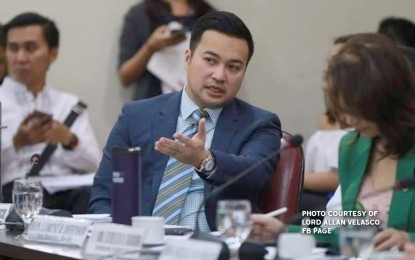
MANILA – Speaker Lord Allan Velasco on Thursday urged the Senate to pass a measure allowing the use of waste-to-energy (WTE) technologies to help solve the country’s garbage problem.
Coal and the energy transition in APAC
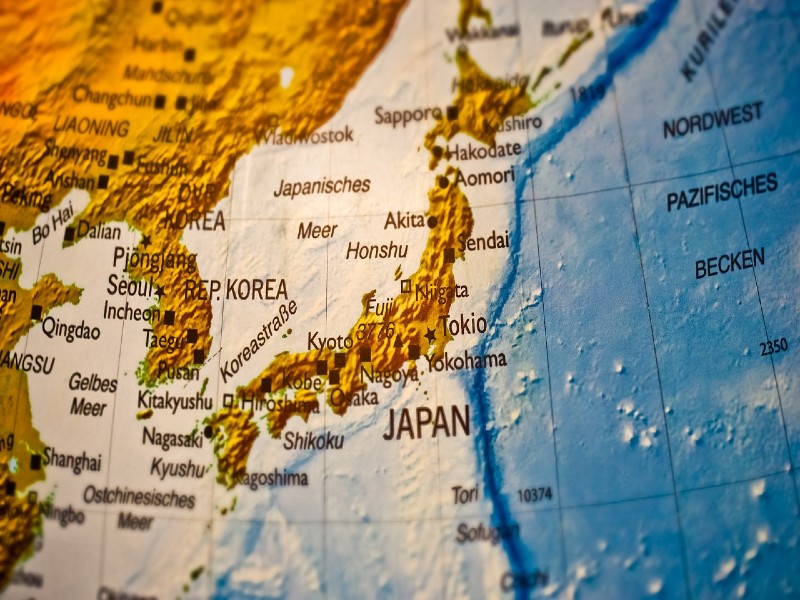
Coal continues to play a prominent role in power generation in APAC. Fortunately, there are technologies and processes that help us reduce carbon emissions from thermal generation.
Malaysia files dispute with WTO over EU palm biofuel curbs
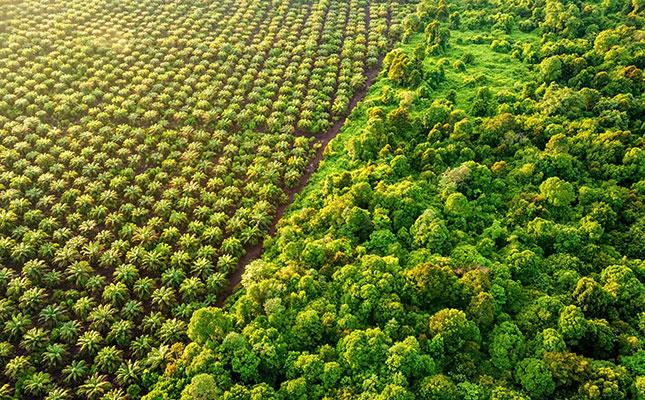
Malaysia is in the process of instituting legal action at the global trade watchdog, the World Trade Organization (WTO), against the EU and member states France and Lithuania, in particular, for restricting palm oil-based biofuel production. This was according to a recent statement by the Malaysian government.
Malaysia gears up for court action with EU in palm oil dispute
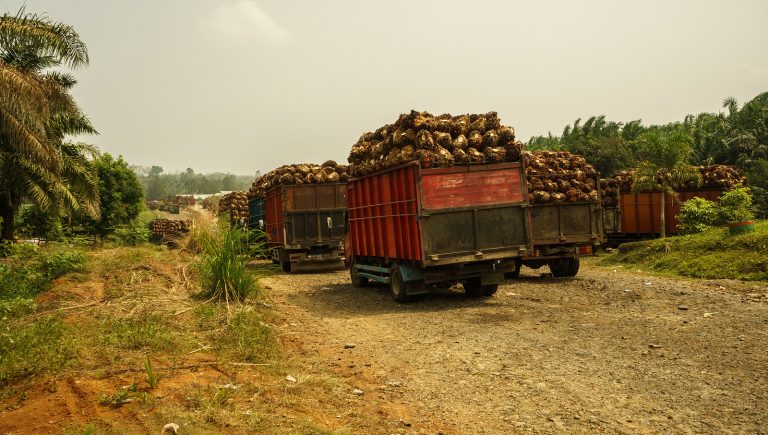
Malaysia is set to take legal action at the global trade watchdog against the European Union and member states France and Lithuania for restricting palm oil-based biofuels in an ongoing row about access to markets.
Malaysia Files WTO Lawsuit Against EU on Palm-Biofuel Curbs
Malaysia filed a lawsuit Friday against the European Union and members including France and Lithuania following the bloc’s plan to phase out palm-based biofuel imports.
DoE sets scope of ban on new coal plants
Existing coal-fired power plants in the Philippines are excluded from the ban on coal power plants, according to the Department of Energy (DoE). In a Dec. 22, 2020 memorandum that was posted on the department’s website on Monday, Energy Secretary Alfonso Cusi said existing and operational coal-fired power generation facilities would not be covered. Committed […]
Five facts about unsustainable waste management in Singapore
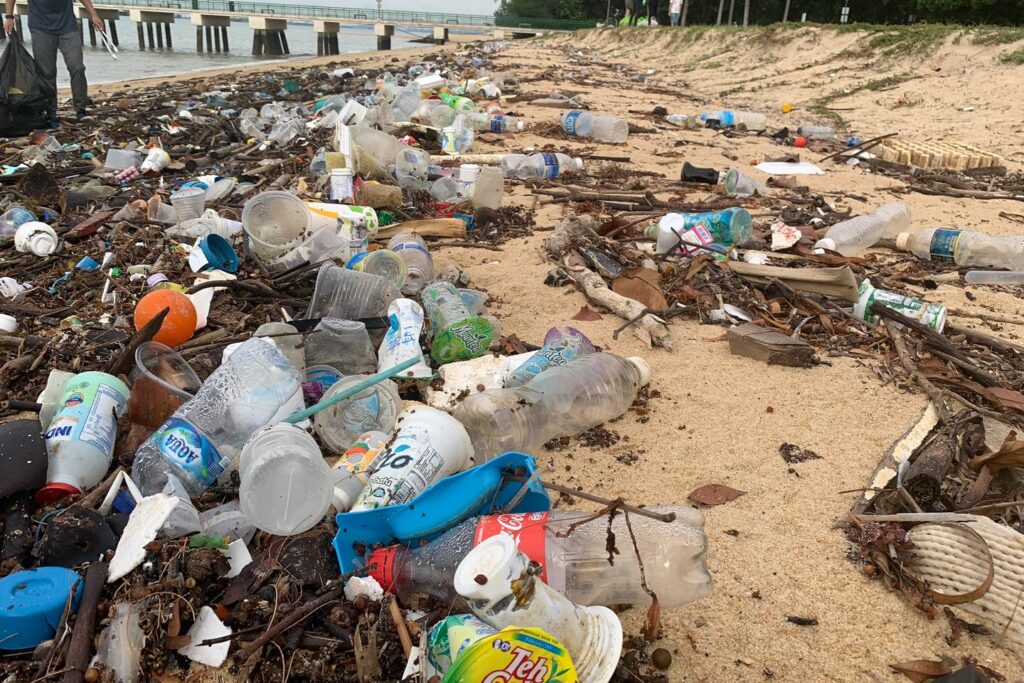
Increased government and corporate accountability, including the full implementation of the EPR law and more investment into upcycling innovations, are equally critical to create a more sustainable waste management ecosystem in Singapore.











